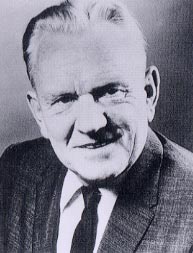A Quote by Rumi
All language is a longing for home.
Quote Topics
Related Quotes
The sweetest thing in all my life has been the longing — to reach the Mountain, to find the place where all the beauty came from — my country, the place where I ought to have been born. Do you think it all meant nothing, all the longing? The longing for home? For indeed it now feels not like going, but like going back.
Nobody has seen the trekking birds take their way towards such warmer spheres as do not exist, or rivers break their course through rocks and plains to run into an ocean which is not to be found. For God does not create a longing or a hope without having a fulfilling reality ready for them. But our longing is our pledge, and blessed are the homesick, for they shall come home.
The old view was that delicacy of language was part of the nature, the sacred nature, of eros and that to speak about it in any other way would be to misunderstand it. What has disappeared is the risk and the hope of human connectedness embedded in eros. Ours is a language that reduces the longing for an other to the need for individual, private satisfaction and safety.
I realized over the years if I'm writing about humor, irony, satire, I much prefer to do that in English. And if there is sorrow, melancholy, longing, I much prefer to do that in Turkish. Each language has its own strength to me, and I feel connected and attached to both Turkish and English. I dream in more than one language.
There is a German word, Sehnsucht, which has no English equivalent; it means 'the longing for something'. It has Romantic and mystical connotations; C.S. Lewis defined it as the 'inconsolable longing' in the human heart for 'we know not what'. It seems rather German to be able to specify the unspecifiable. The longing for something - or, in our case, for someone.







































